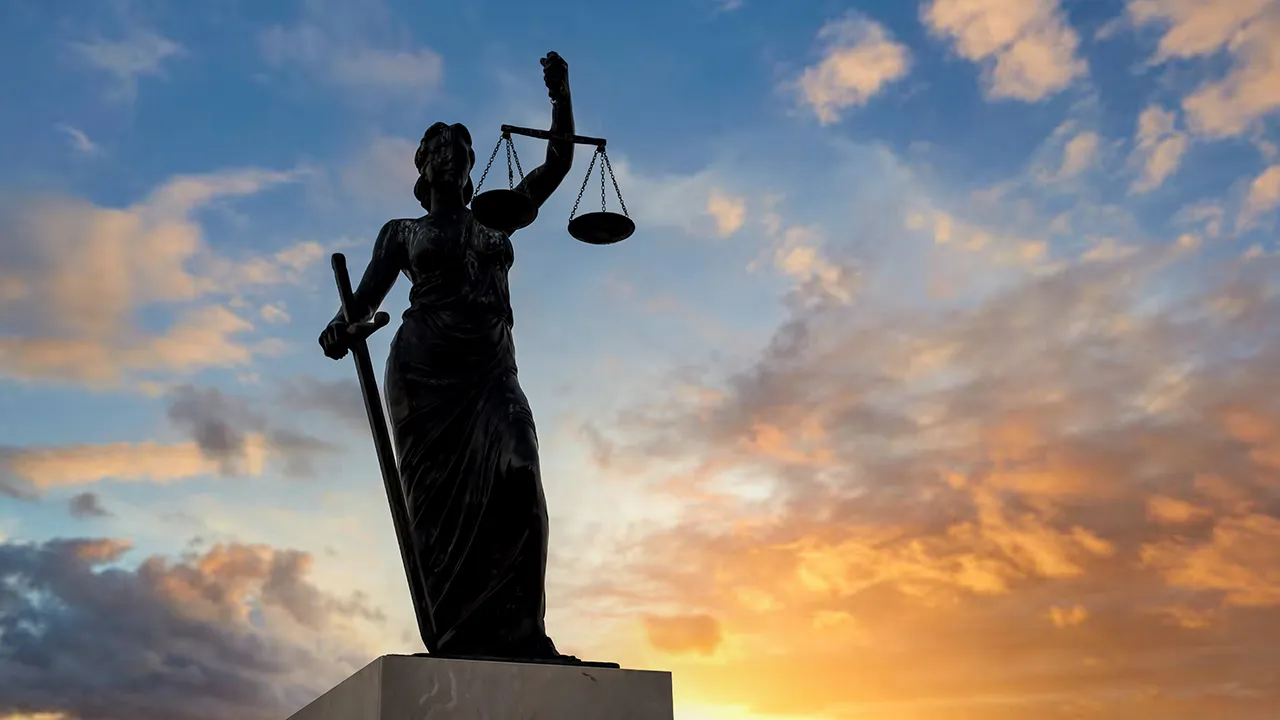The Truth About Lawyer Fees in Florida: What You’ll Pay (and What You Won’t)
A straightforward explanation of contingency fees, legal costs, and how settlement funds are handled in Florida injury cases.
The Truth About Lawyer Fees in Florida: What You’ll Pay (and What You Won’t)
Guide to contingency fees, costs, and how settlement money is disbursed in Florida personal injury cases.
Who Gets the Settlement Check and Why
In Florida personal injury settlements, the insurer typically issues one check payable to the law firm’s trust account. Your attorney then:
- pays verified medical liens/balances,
- reimburses case costs/expenses per invoice,
- deducts the attorney’s contingency fee under your agreement, and
- issues you the net recovery with a written closing statement.
This process protects you and ensures every party is paid the correct amount. If any balance is disputed, the disputed portion may be held in trust until resolved.
Retainer vs. Contingency: How Payment Works
Retainer (hourly): You pay money upfront. The lawyer bills against that amount as work is performed.
Contingency (most PI cases): You pay at the end from the recovery. The insurer settles the case and sends one check to the firm’s trust account, where it’s allocated per your signed agreement.
The difference matters because it changes when you pay and who controls the funds during disbursement.
Florida Contingency Fee Structure (Simple Table)
Percentages apply to the respective portions of the total recovery and are governed by your signed fee contract.
Fee on the First $1,000,000:
Before an answer is filed or before a demand for trial/arbitration is 33⅓%
After an answer is filed, or after a demand for trial/arbitration is 40%
Fee on the Next $1,000,000:
Before an answer is filed or before a demand for trial/arbitration is 30%
After an answer is filed, or after a demand for trial/arbitration is 30%
Fee Above $2,000,000:
Before an answer is filed or before a demand for trial/arbitration is 20%
After an answer is filed, or after a demand for trial/arbitration is 20%
Note (Florida): The standard contingency fee percentages above reflect The Florida Bar’s contingent fee schedule (Rule 4-1.5(f)) as of October 17, 2025. Percentages are subject to change and your signed fee agreement controls. Certain case types (e.g., medical malpractice, minors, or claims against government entities) may have different rules or additional requirements.
Fees vs. Costs: Know the Difference
- Attorney’s fee = percentage of the recovery under the agreement (see above).
- Case costs/expenses are separate and may include: filing fees, service of process, medical records, deposition transcripts, court reporters, exhibits, expert witnesses (medical, reconstruction), investigators, and travel.
Most PI firms advance costs and then reimburse them from the recovery at the end. If there is no recovery, your agreement controls who is responsible for costs. We explain these terms at intake.
Typical ranges you may see in litigation (illustrative, not promises):
- Medical experts: ~$350 - $900/hr; often $2,500 - $5,000 minimums
- Accident reconstruction: ~$5,000 - $15,000 for full analysis
- Court reporting & transcripts: varies by length and services
Actual costs depend on the case.
What Happens After We Reach a Settlement
It usually takes several weeks between agreement and payment to you because medical billing departments must provide written payoff confirmations (exact amounts - no estimates). Here’s the normal order:
- Settlement check deposited into the trust account.
- Written payoff statements obtained from providers/lienholders.
- Case costs reimbursed per invoices.
- Attorney’s fee calculated per your agreement and case stage.
- Medical liens/balances satisfied and releases obtained.
- You receive your net funds with a written settlement statement.
Why Documentation Can Increase Case Value
Memory fades over months. From day one, keep a simple journal of pain levels, missed activities, work impact, and sleep changes. Save receipts and take photos as treatment progresses. Thorough, contemporaneous documentation helps establish the real-world impact of your injuries during negotiations and depositions.
Questions to Ask Before You Sign
- Costs: Who advances them? If there’s no recovery, who pays?
- Case timeline: What additional costs might arise if litigation is required?
- Communication: Will you have direct access to the attorney? How often will you receive updates?
- Disbursement: How are liens handled? What happens if a payoff is disputed?
My commitment is clear, responsive communication and a transparent closing statement that shows where every dollar goes.
What This Means for Your Case
The goal isn’t to avoid fees.... it’s to understand them. A well-structured contingency agreement aligns incentives and gives you access to the resources your case may require. When you know the fee tiers, how costs work, and how funds are disbursed, the process is more predictable and far less stressful.
Next step: If you have an offer from an insurer or are considering hiring counsel, schedule a consultation. We’ll review your fee agreement line-by-line and discuss the likely costs for your case so you can decide confidently.
FAQs
Do I get the settlement check directly?
No. Funds are made payable to the firm and deposited into the trust account. Disbursements follow your agreement and verified payoffs.
Why does payment take weeks after we agree?
Providers and lienholders must issue written payoff confirmations before funds are released.
What changes the fee from 33⅓% to 40%?
If the case proceeds after an answer is filed (or after a demand for trial/arbitration), the fee on the first $1,000,000 generally increases to 40% under Florida Bar rules for standard contingency fee contracts (Rule 4-1.5(f)). Your agreement may specify lower percentages.
Who pays costs if we lose?
Your written agreement controls. We explain this clearly before you sign.
Can you negotiate my medical balances?
We often request itemized statements and seek appropriate reductions when available. Any disputed portion may be held in trust until resolved.
Byline
Author: Kristopher Torres, Attorney at Law - Law Offices of Robert Dixon
Office: Miami, Florida (201 S. Biscayne Blvd., 28th Floor, Miami, FL 33131)
Service Area: Miami-Dade, Broward, Palm Beach, Martin, St. Lucie, Indian River, Monroe, Glades, Collier, Lee Counties
Languages: English • Español
Sources: The Florida Bar – Rule 4-1.5(f) (Contingent Fees) and consumer guidance.
Update policy: Reviewed quarterly or sooner if rules change. Last reviewed: October 17, 2025.
EN Disclaimer: This article is for informational purposes only, is not legal advice, and does not create an attorney–client relationship. Results vary; past results do not guarantee similar outcomes.
ES Descargo de responsabilidad: Este artículo es solo informativo; no constituye asesoría legal ni crea una relación abogado-cliente. Los resultados varían; los resultados pasados no garantizan resultados similares.









